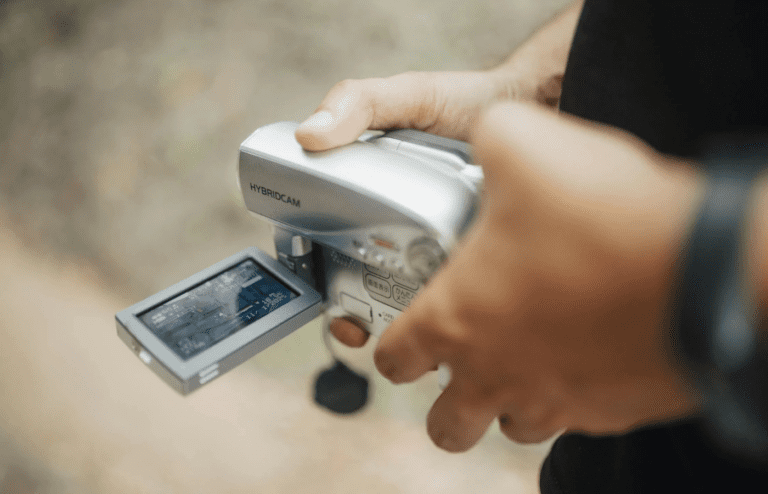Your gut deserves a little TLC. After all, it works hard digesting your food, supporting your immune system, and even keeping your mood in check. Here are 20 practical tips to help your gut feel its best—and maybe even love you back!
Eat More Fermented Foods
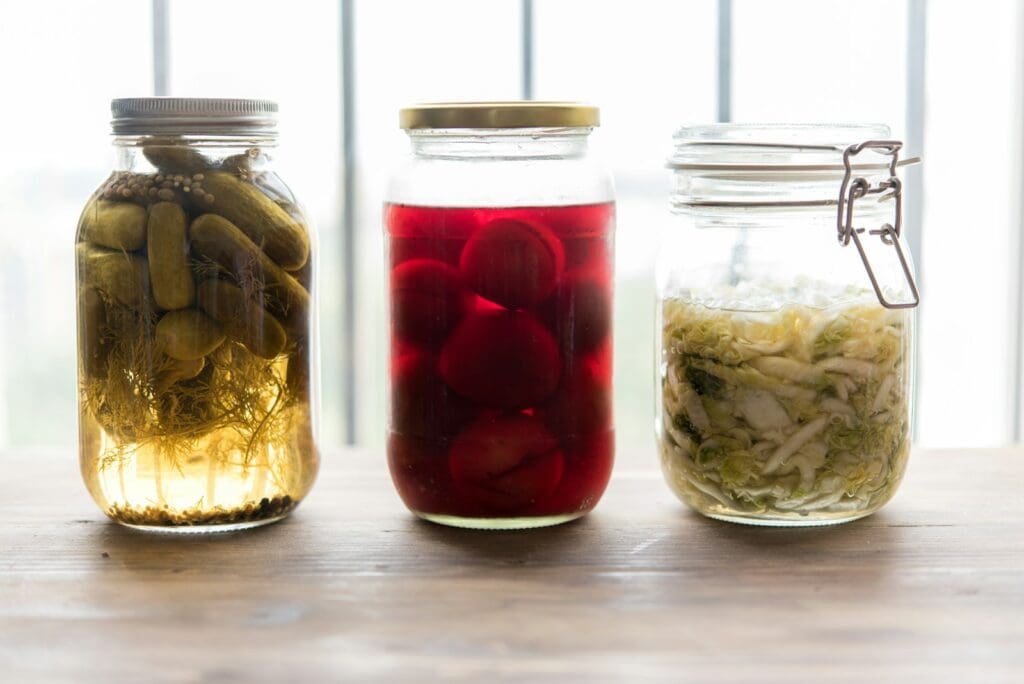
Your gut loves a good party, and fermented foods like yogurt, kimchi, and kombucha bring the probiotics. These beneficial foods contain bacteria that can help balance your microbiome, smoothing out your digestion. Plus, you’ll look cultured (pun intended) while munching on sauerkraut.
Incorporate Prebiotic Foods
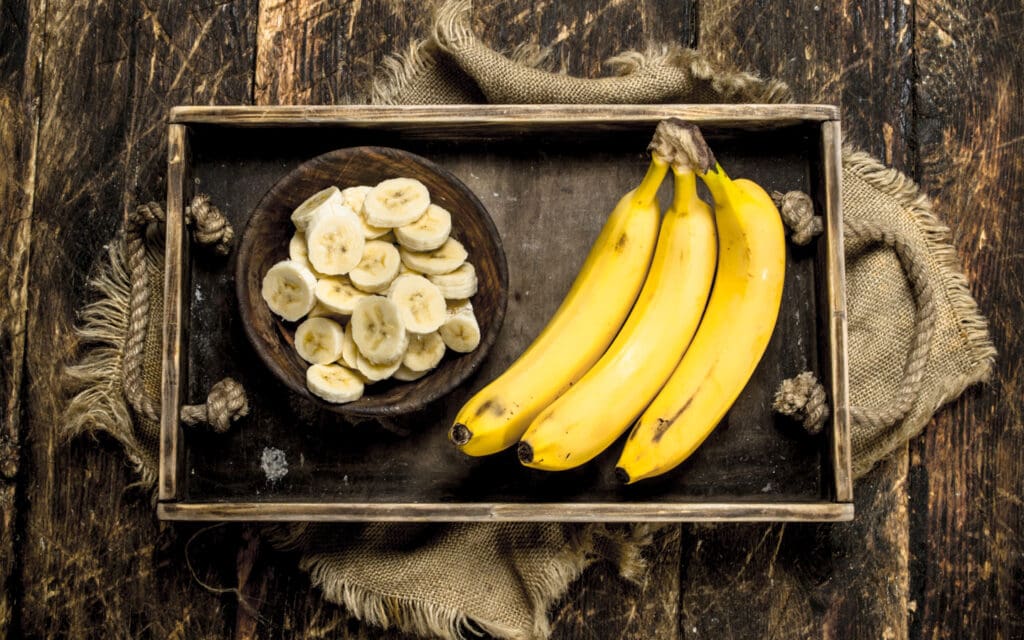
So all that good gut bacteria we’re trying to encourage? Think of prebiotics as its favorite snack. Foods like bananas, garlic, and asparagus feed those helpful microbes, making them thrive. It’s good stuff. Just don’t forget to brush your teeth after that garlic feast!
Stay Hydrated

Surprise, surprise—water is the ultimate gut lubricant. It keeps things moving smoothly in your digestive tract and supports the mucosal lining of your intestines. Bonus: Water does more than just keep your gut in check. Staying hydrated also gives you glowing skin—a win-win!
Chew Your Food Thoroughly

Your gut isn’t a garbage disposal—make life easier for it by chewing your food properly. Smaller food particles are easier to digest, which means less work for your digestive system. Your gut will thank you for not making it tackle that half a sandwich you just downed in one gulp.
Eat a Diverse Range of Foods
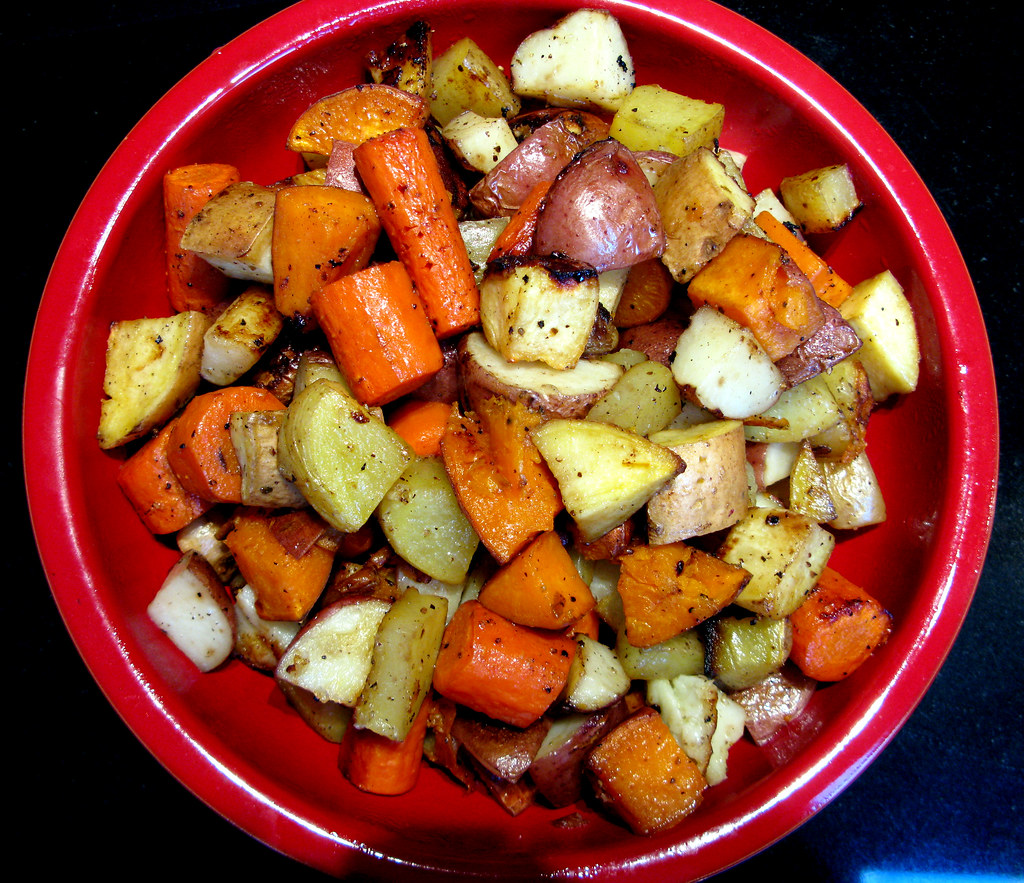
Variety isn’t just the spice of life; it’s the key to a healthy gut! Aim for a colorful plate filled with fruits, veggies, and whole grains. Eat the rainbow, as they say. If nothing else, it’ll make your Instagram feed pop!
Exercise Regularly
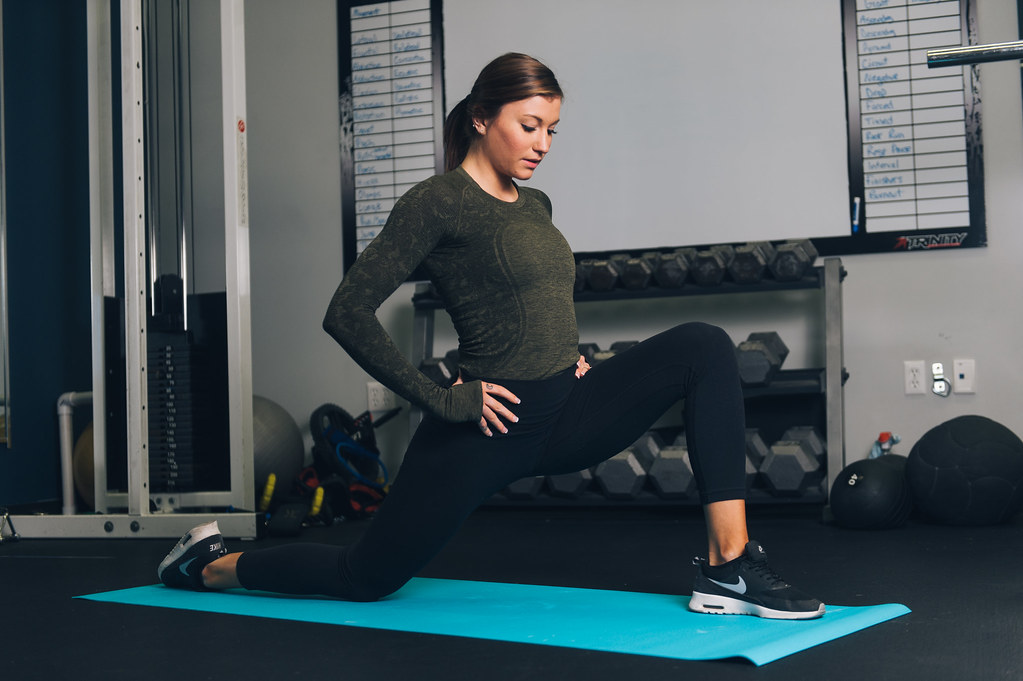
Move it or lose it—your gut needs physical activity to stay happy. Regular exercise promotes motility in your intestines, keeping things moving along. You’ll instantly feel better when things are on the right track there. Plus, you’ll feel less guilty about eating extra slice of pizza earlier.
Get Enough Sleep

By now you should know that getting enough sleep is integral to your overall health—and that includes your digestion. Your gut pulls an all-nighter every time you skimp on sleep. Poor rest disrupts the your microbiome, making it harder for your digestive system to function. So hit the sack—your gut needs beauty sleep too.
Practice Stress Management

Ever notice that stress can literally give you a stomachache? Take a chill pill (metaphorically). Try meditation, yoga, or even a walk around the block to calm your nerves. Remember, your gut feels your stress—don’t make it suffer more than it already is.
Add More Fiber
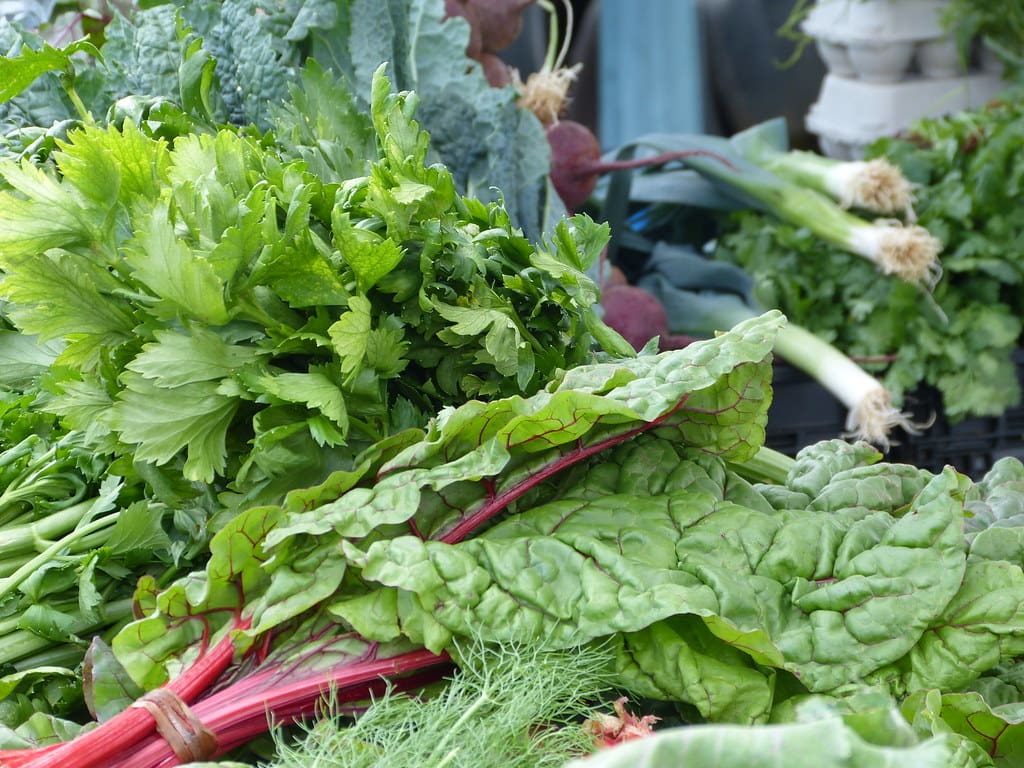
Think of fiber like a personal trainer for your gut. It keeps your digestive muscles toned and helps regulate bowel movements. Just go easy—introducing too much too quickly might give you a little extra “buzz” in your belly.
Include Probiotics in Your Routine
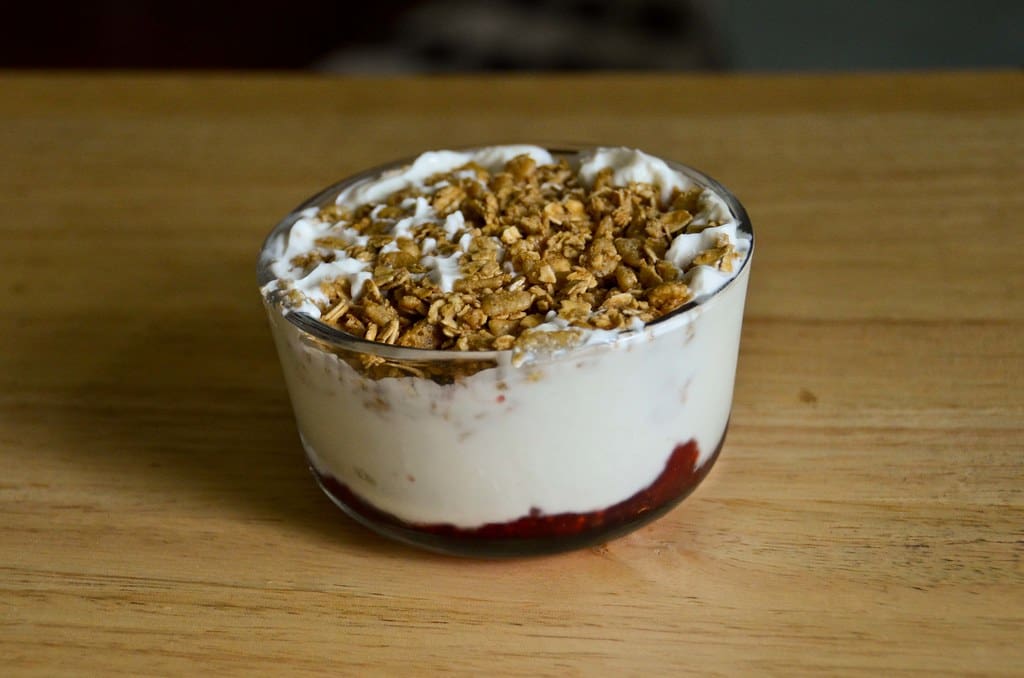
So important, we’re mentioning it twice. Probiotics are like the VIP guests your gut always wanted. Find them in fermented foods like kefir and miso, or if you’re on the pickier side, get them in supplement form. They’ll stick around and make sure your microbiome stays balanced and healthy.
Avoid Overeating
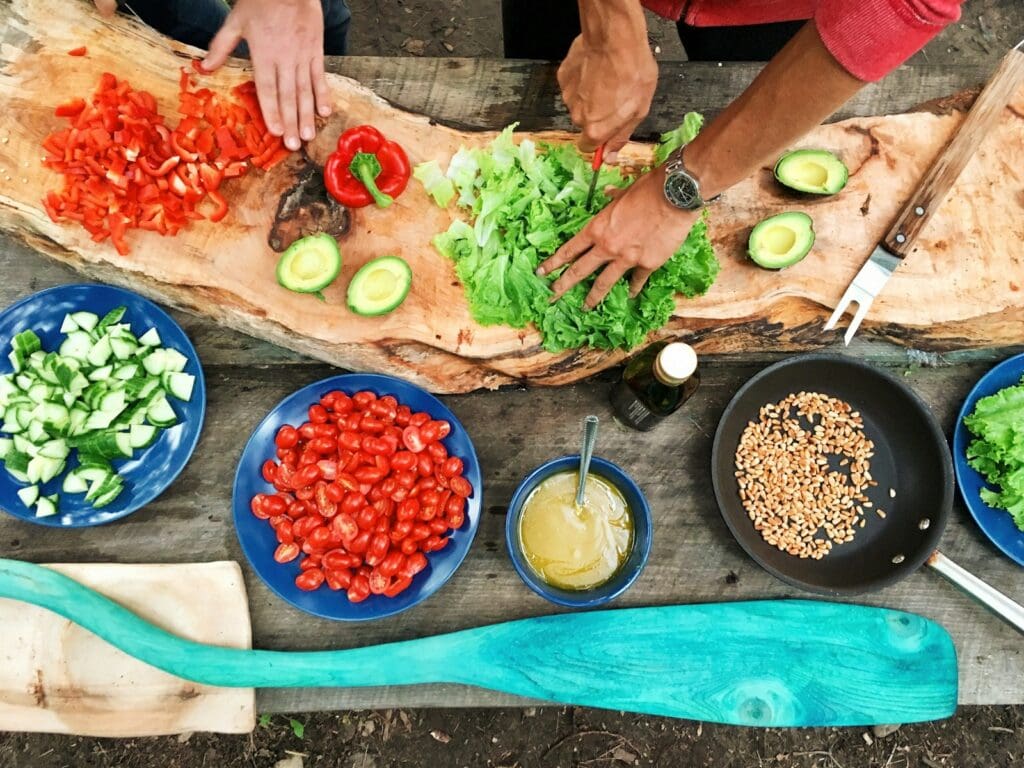
Believe it or not, your gut isn’t a competitive eater. Overloading it with too much food at once might seem glorious in the moment, but eventually it will bring bloating and discomfort. Savor your meal—take slow bites and take in every flavor and texture before the next one. Your gut appreciates a little breathing room.
Limit Sugar Intake
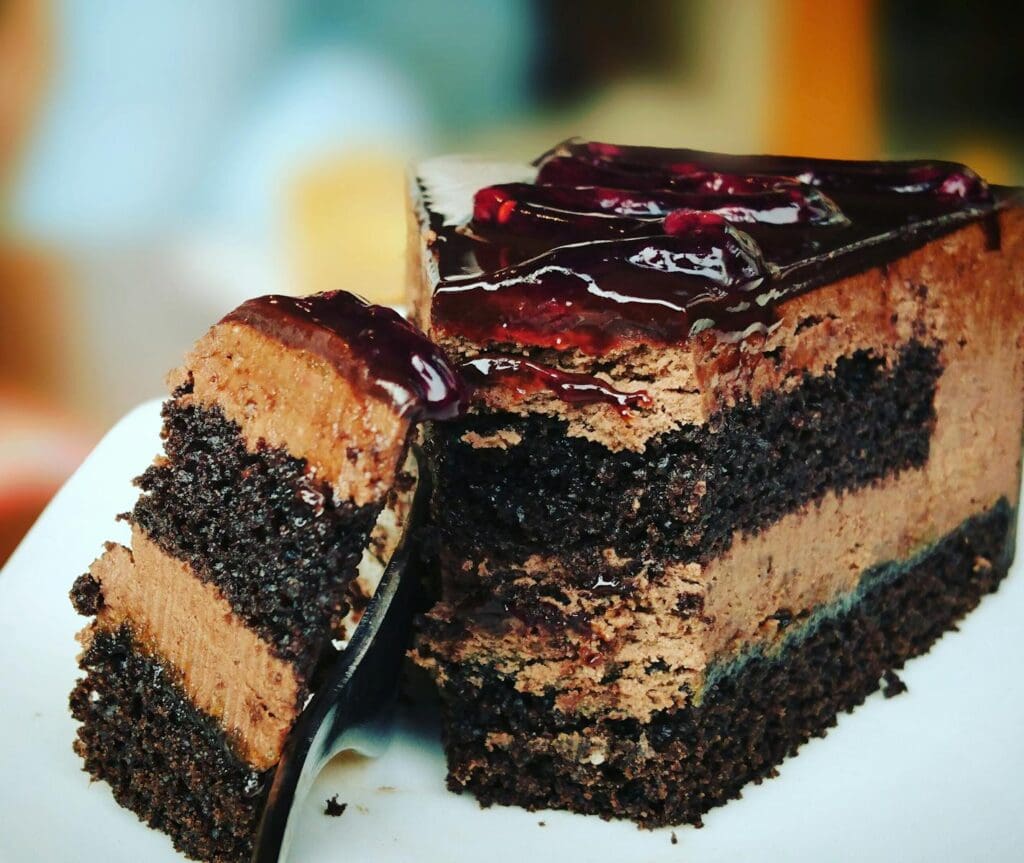
Sugar might make your taste buds happy, but your gut bacteria? Not so much. Excess sugar feeds harmful bacteria and fungi, throwing off your gut’s balance. Think of it as avoiding a toxic relationship. Those temporary hits of euphoria don’t last, and will do more damage in the long run. Your gut deserves better.
Skip Artificial Sweeteners
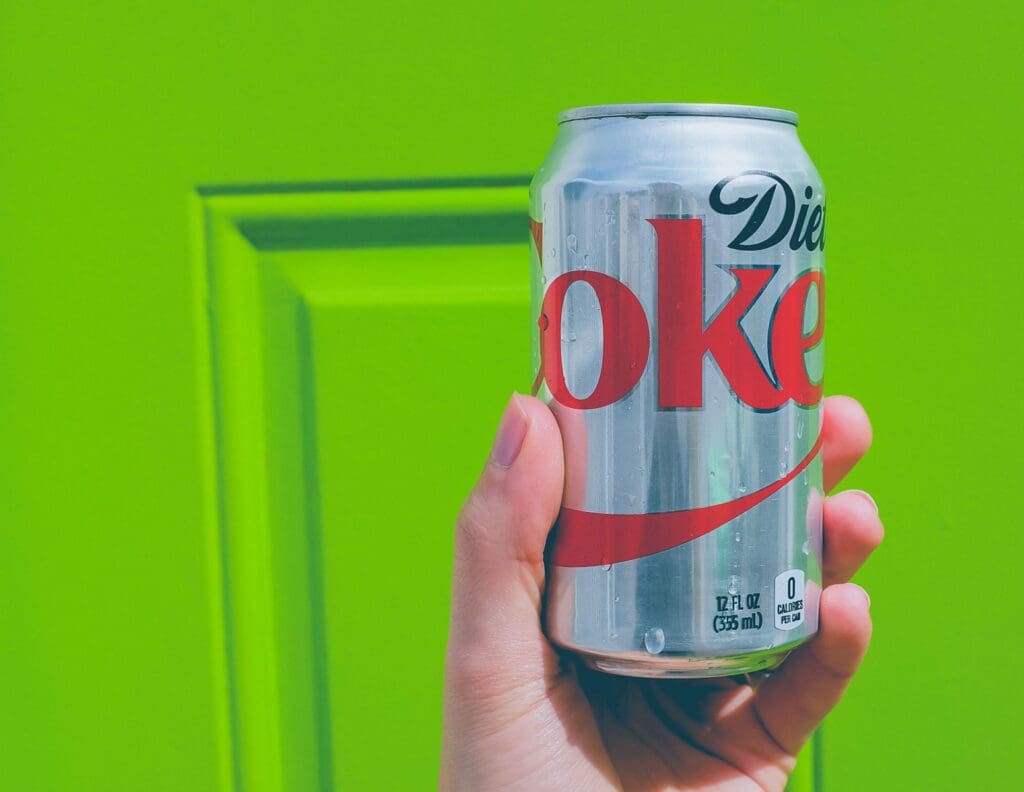
Artificial sweeteners might save calories, but they can still mess with your microbiome. In some cases, they’re even worse for you than table sugar. Studies show they can lead to glucose intolerance and other gut-related woes. Stick to natural sweeteners like honey if you need a little sugar fix.
Minimize Alcohol Consumption

Your gut isn’t a fan of happy hour when it gets too boozy. Just like sugar, alcohol disrupts the microbiome and can increase intestinal permeability (in other words every one’s favorite buzz phrase, leaky gut!). If you partake, moderation is key. And we say cheers to that!
Cut Down on Processed Foods
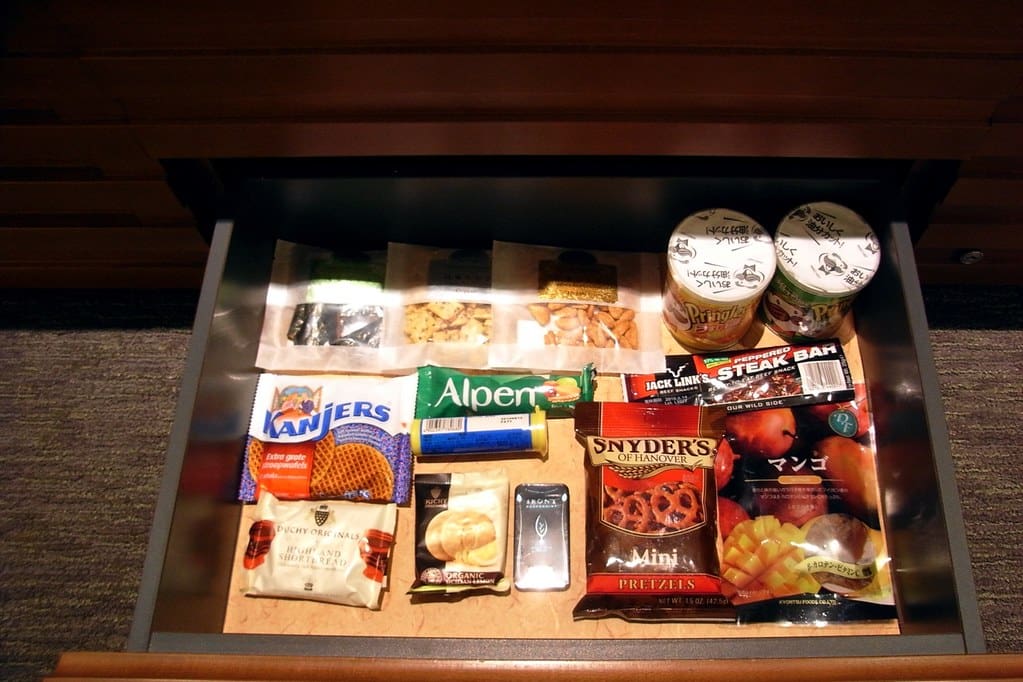
Processed foods are your gut’s sworn enemy. These tasty little trickster treats are loaded with additives and preservatives, which can disrupt your microbiome and lead to inflammation. Stick to whole, natural foods—your gut will feel less “processed” too.
Avoid Smoking

Smoking doesn’t just harm your lungs. It wreaks havoc on your gut! It alters the balance of gut bacteria and increases the risk of GI disorders. So there, you’ve got one more reason. Kick the habit for your gut’s sake (and the rest of your body, too).
Read More: 10 Crafts to Do When You Are Stressed
Don’t Overuse Antibiotics

Antibiotics are lifesavers, but they can also be gut-busters. As the name implies, they wipe out all bacteria—good and bad—leaving your microbiome in utter chaos. Use them only when necessary, and take probiotics afterward to rebuild your gut’s fragile ecosystem.
Read More: The 10 Foods Most Likely to Sabotage Your Sleep
Limit High-Fat and Fried Foods
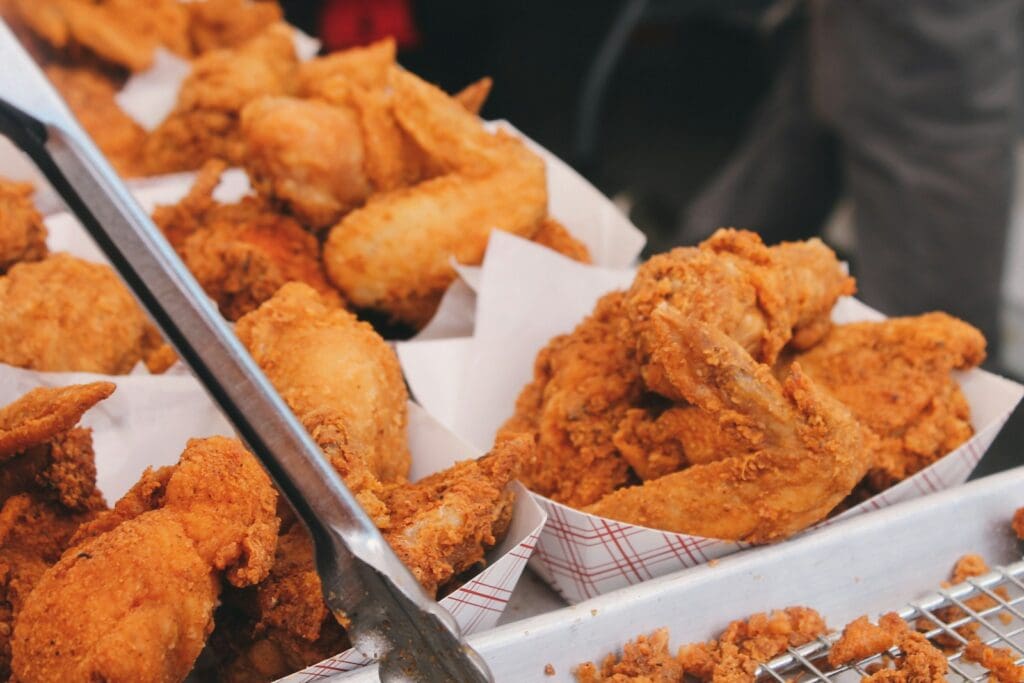
Your gut struggles with greasy, fried foods. If you really stop to notice how you feel after eating fast food or holiday treats, that’s kind of a no brainer. These foods are harder to digest and can lead to inflammation. Save the deep-fried indulgences for special occasions—your gut will breathe a sigh of relief.
Read More: Holiday Recovery Recipes: 10 Simple Meals to Soothe Your Gut
Watch Out for NSAIDs
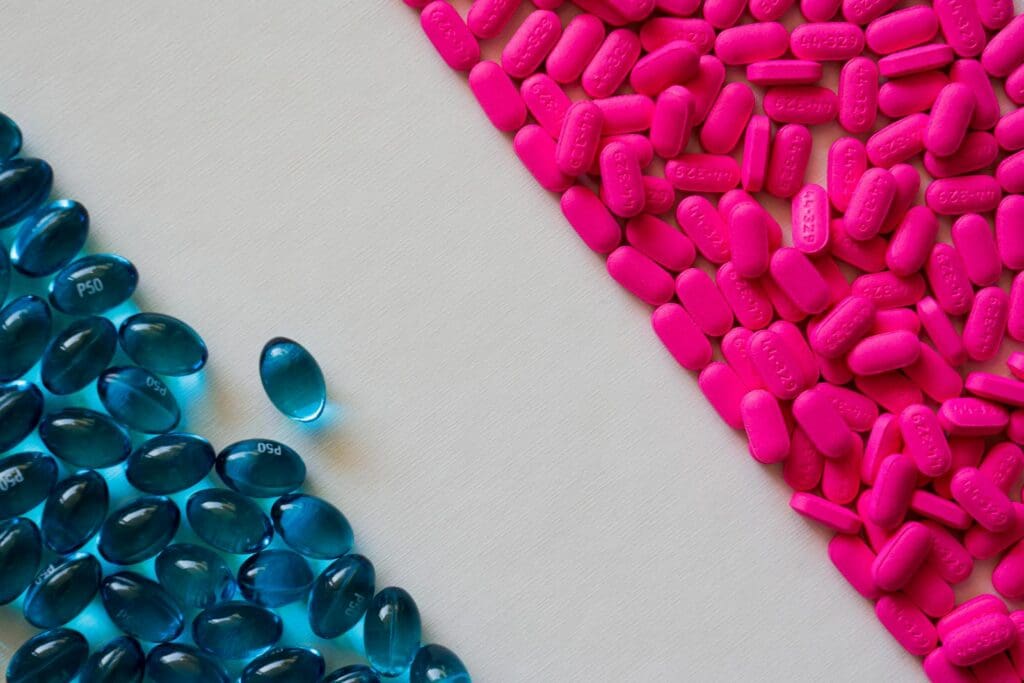
Nonsteroidal anti-inflammatory drugs (like ibuprofen) can irritate your gut lining. Overuse can lead to ulcers and a whole host of other gut issues. Stick to the recommended dose, avoid taking them for too many days in a row, and explore natural pain relief options where possible.
Read More: 18 Ways to Keep Your Gut Happy This Holiday Season
Avoid Chronic Stress

As we mentioned before, stress is the ultimate buzzkill, even for your gut. It increases inflammation and can wreak havoc on your microbiome’s delicate balance. Take time to unwind—sans sugar or alcohol—because your gut deserves some R&R too.
Read More: 10 Foods You Didn’t Know Were Good for Digestion






